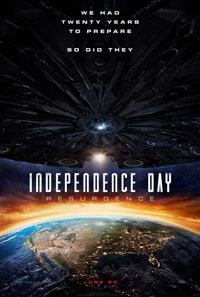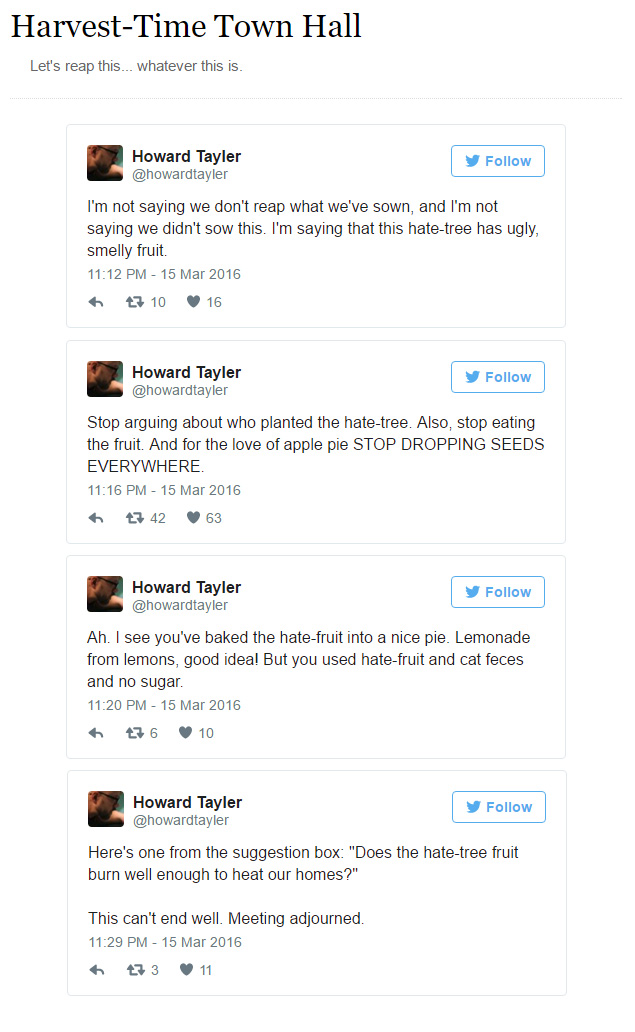Police kill more young, black males, per capita than any other demographic, and when they do, they are very unlikely to be indicted, let alone convicted. National news has covered this extensively. Locally, here in Utah we’ve learned that police officers kill more people than gang violence or drug crimes do.
There are those who will dispute these facts, citing holes in the data due to the large number of police departments that don’t provide information. Personally, I suspect that if all police departments provided data on Officer Involved Shootings we’d be collectively appalled and ashamed of ourselves. Assuming we’re not already, what with so many police forces not telling us what’s going on.
The law says that police officers have the right and responsibility to use force, up to and including lethal force, in the discharge of their duties. I agree with the law, but I also believe that it takes an enormous amount of training and skill to operate justly, ethically, and morally under that law.
I am afraid that our police officers are currently embedded in a culture where a number of factors, including racism, increase the likelihood that they will use lethal force against unarmed black males. Training and skill notwithstanding, bad things are happening.
I said “factors.” Racism is the big one, but the word “racism” is a heavily overburdened term. It has baggage. When I use it, I’m not suggesting that cops are consciously racist*. I’m saying that there is an unconscious bias in place, and it centers upon skin color. I’ve found racism and other biases in my own work, and they’re hard to root out. So when I say “racism” it’s not an accusation. It’s a diagnosis. (*Note: See “UPDATE” at the end of this post.)
Another factor in play is a bias commonly found among social workers and customer support representatives as well as police officers. Its sufferers tend to suspect the worst in people. It’s like confirmation bias with a dash of PTSD thrown in. In the case of police officers, it increases the likelihood of violent confrontation across the board.
Unfortunately, the mechanisms we have in place to counter this, to discipline officers for excessive violence are too closely tied, organizationally and personally, to the officers subject to discipline. District attorneys and chiefs of police work together closely. In their day-to-day operation, police departments and prosecuting attorneys benefit from departmental and personal cooperation. It’s how they get their jobs done. But this effectiveness has a price: it prevents departments from fully disciplining officers who abuse the powers granted them under the law.
Summarized and oversimplified for impact: Our culture is driving police officers to shoot unarmed black men, and law enforcement agencies default to protecting those officers from the consequences of their actions.
If I were black, I’d be outraged, and terrified, and I would feel helpless to change the system.
I’m white, and frankly, I’m a lot more afraid of police officers than I used to be. I’m outraged, and terrified, and I feel helpless to change the system.
I’m also grieving. I hurt for those who have lost loved ones. I identify with them. I have a daughter Michael Brown’s age. I have a son Tamir Rice’s age. My kids cosplay like Darrien Hunt did. I’m a little older than Eric Garner, and like him I have asthma, and children. Some might say that it’s a good thing my family and I are white, but that shouldn’t have to be a good thing, and it hurts to know that some might say that.
I am encouraged, however, by the attention this issue is getting. This no longer feels like a story-of-the-week to me. We’re paying attention now, and that means we can change things.
(Aside: “Now that white people are paying attention, we’ll see some changes.” Yes, it kind of reads like that, and yes, that suggests that our entire society operates within a fog of racial biases. I say “fog” because fog is one of those things you don’t really see until you collide with things that it was hiding.)
I have friends, some of them quite close, who are police officers. I hold them in high regard. They tackle a demanding, dangerous job with an attitude of selflessness that I admire and aspire to. One of those friends once told me that he’d rather take a punch than throw one, and would prefer to take a bullet than take a life. In his work, he daily seeks to defuse situations so that they do not come down to kill-or-be-killed decisions. His approach demands a skill set that looks like a mash-up of dual PhDs in sociology and psychology along with being a champion of speed chess.
If all police officers were like him, we wouldn’t have this problem. Of course, if all people were like him, we wouldn’t need police officers.
UPDATE: After reading the DOJ report on their investigation of the Ferguson, MO police department, I’m afraid that in their case I gave them too much benefit of the doubt. While bias-based policing is often unconscious, in Ferguson it was conscious, deliberate, and vicious. From the introductory paragraph to the chilling section entitled “Racial Bias”:
Ferguson’s approach to law enforcement both reflects and reinforces racial bias, including stereotyping. The harms of Ferguson’s police and court practices are borne disproportionately by African Americans, and there is evidence that this is due in part to intentional discrimination on the basis of race.
—Investigation of the Ferguson Police Department, p4 (PDF p.7)
That DOJ report is exactly the kind of information that the American people need to have about those who police us, and it serves as a horrifying example of what happens when police forces become institutionally unaccountable for their behavior.
(NOTE: Comments are off, and will remain so. This is a position piece, not an invitation to have a discussion. I’ve written my thoughts, and if they inspire you to write yours, there are lots of better places for you to do so.)

